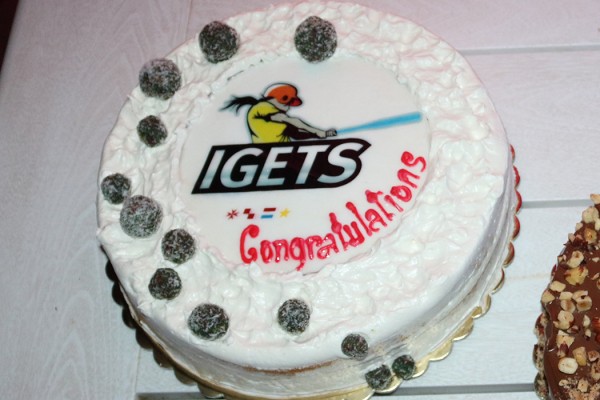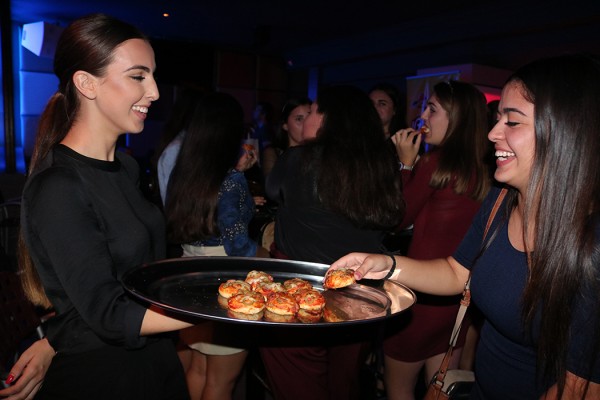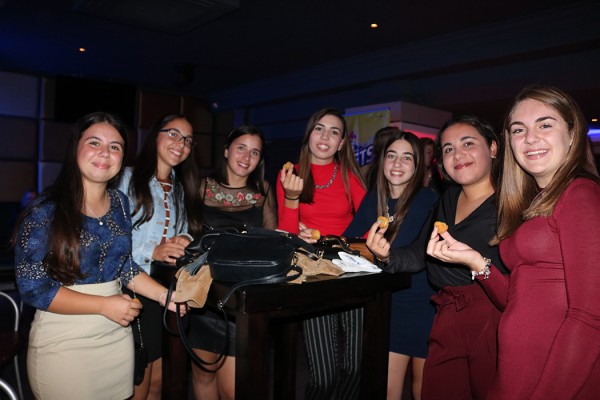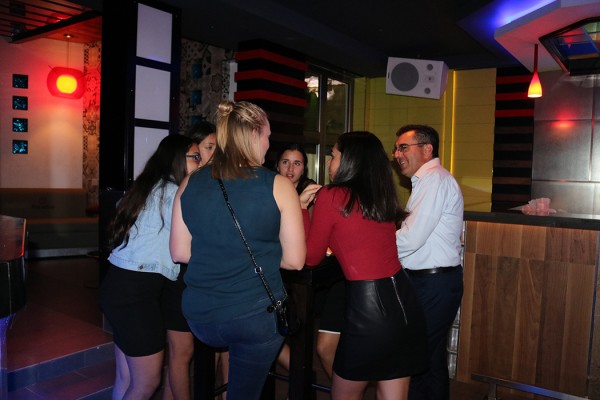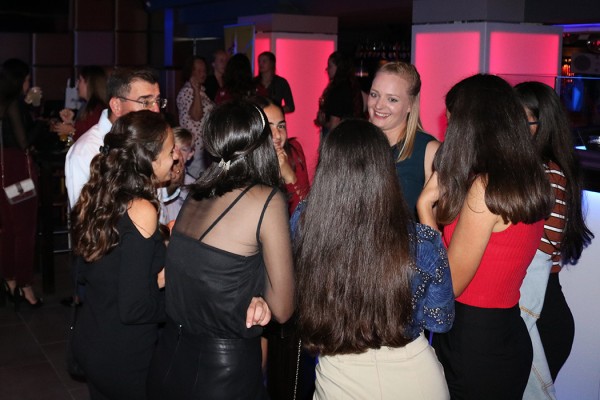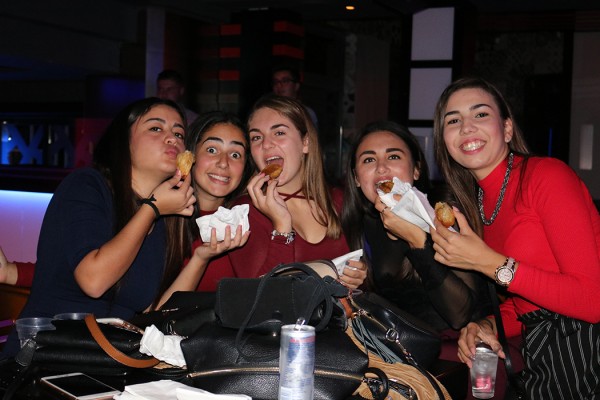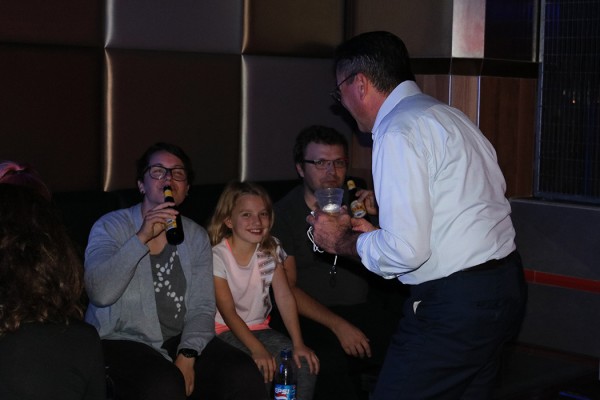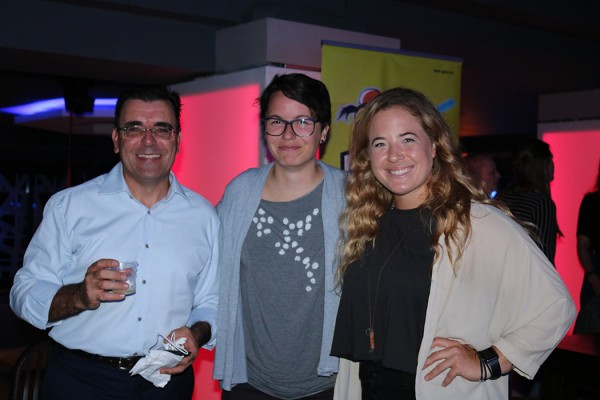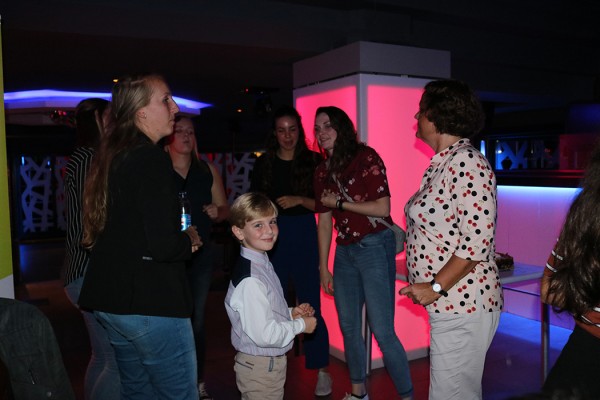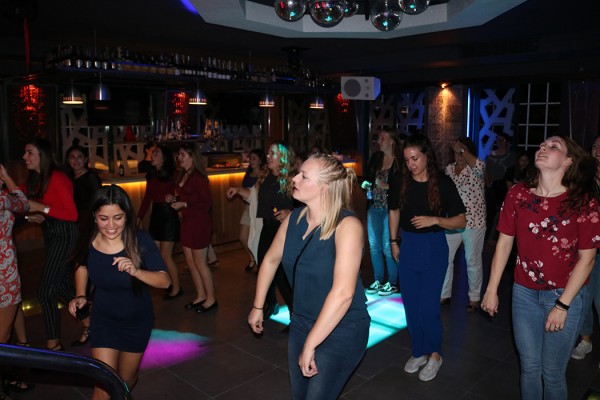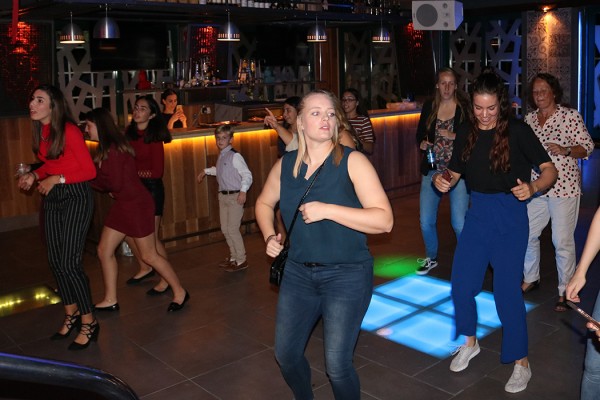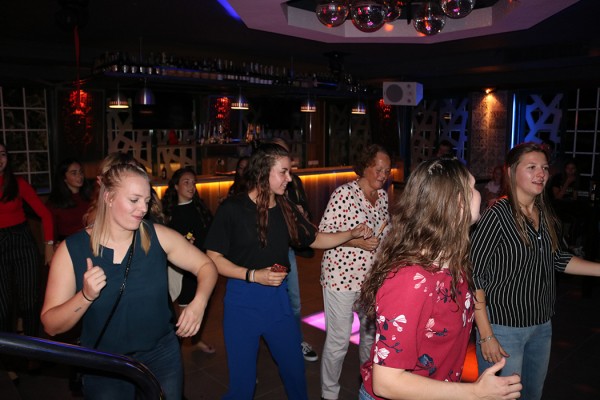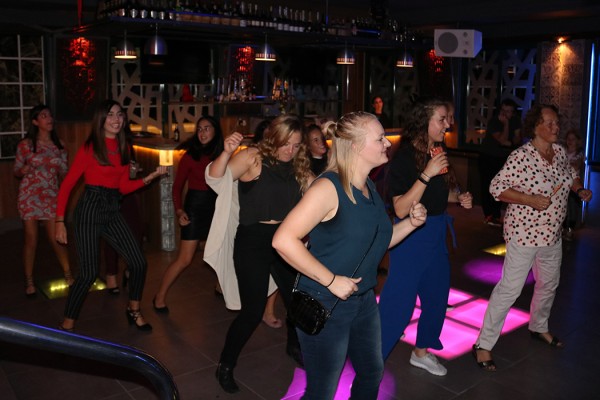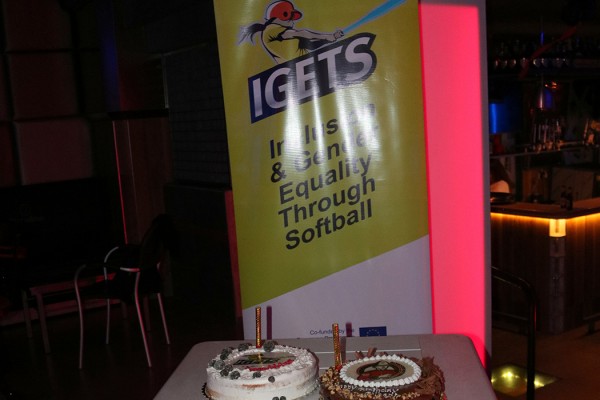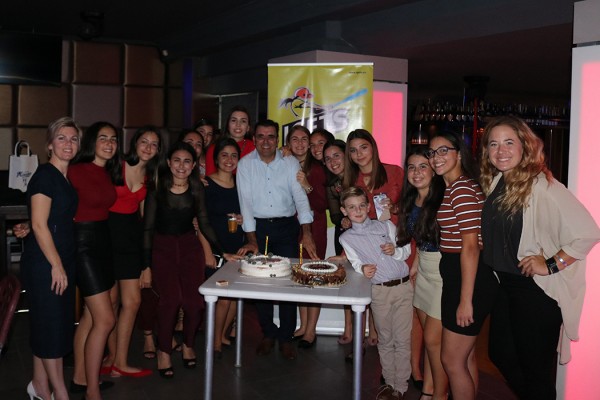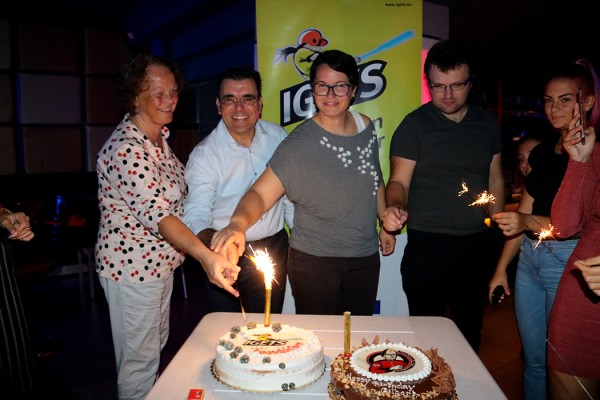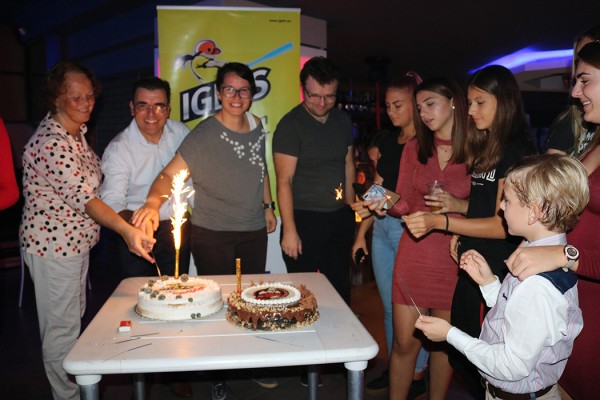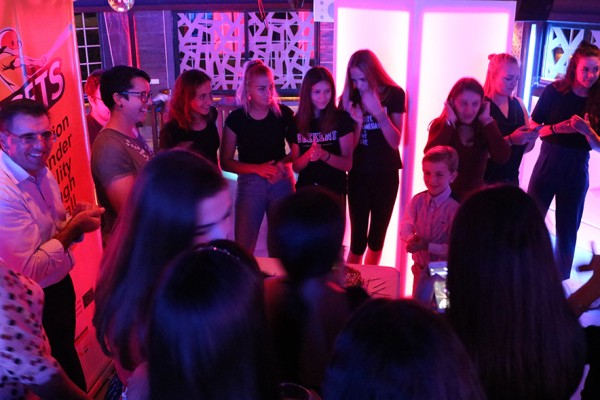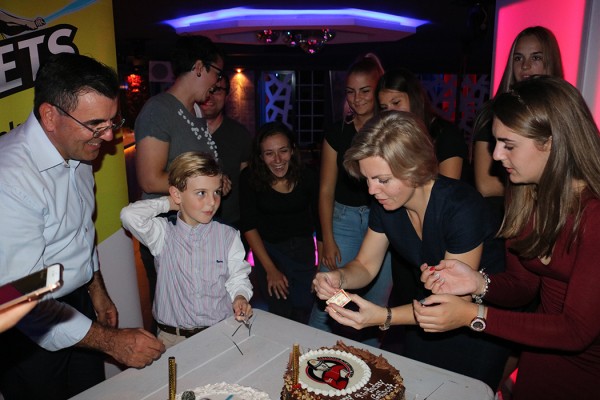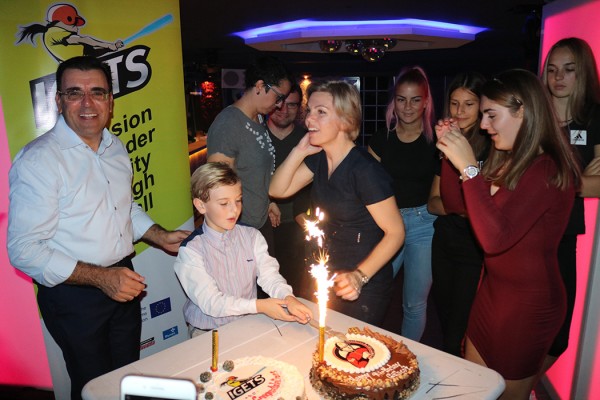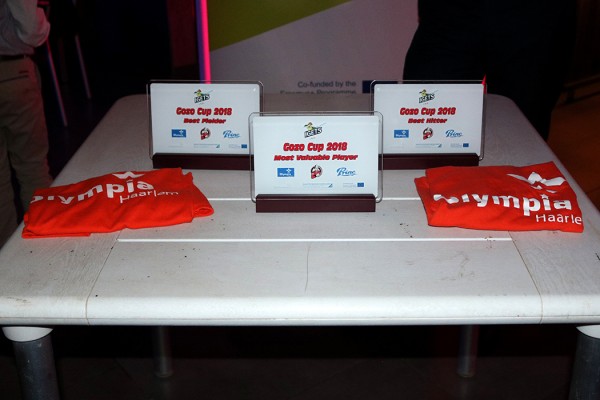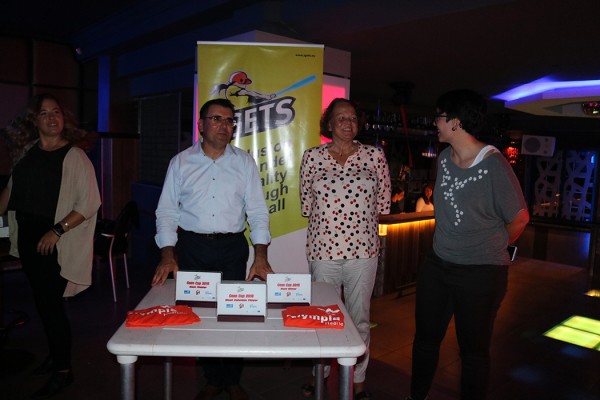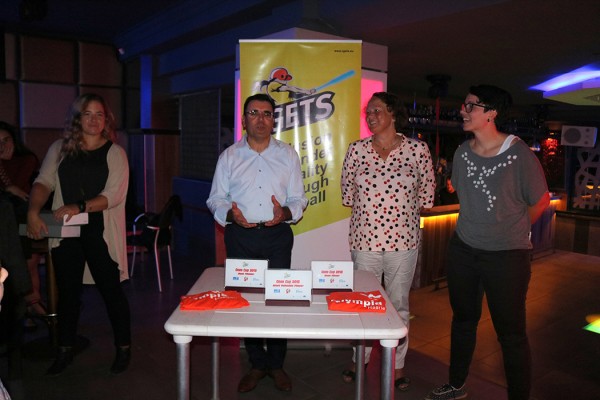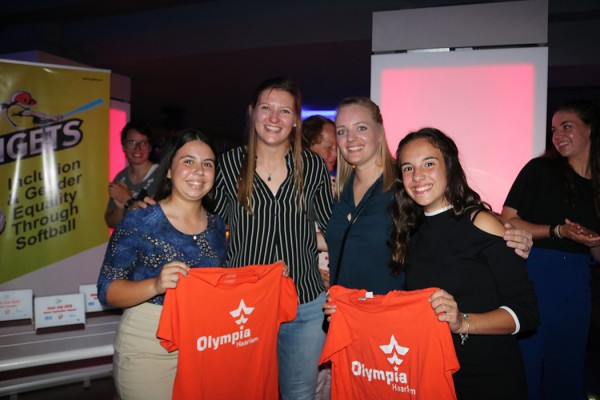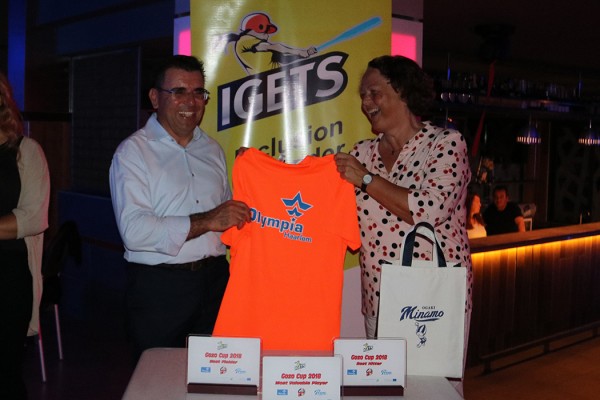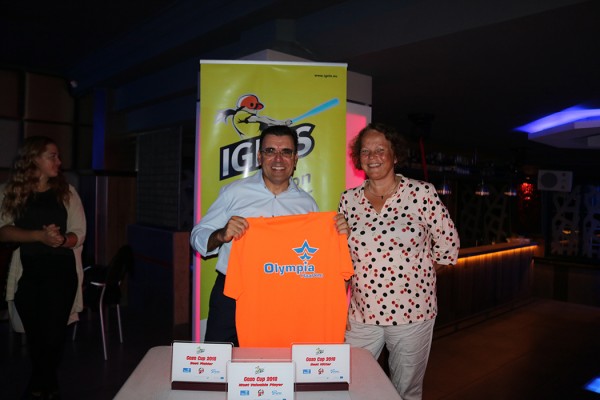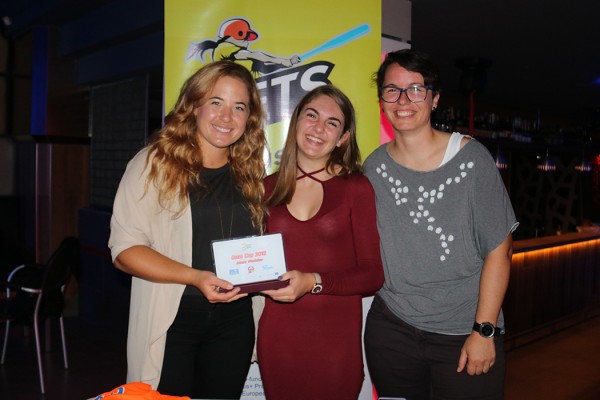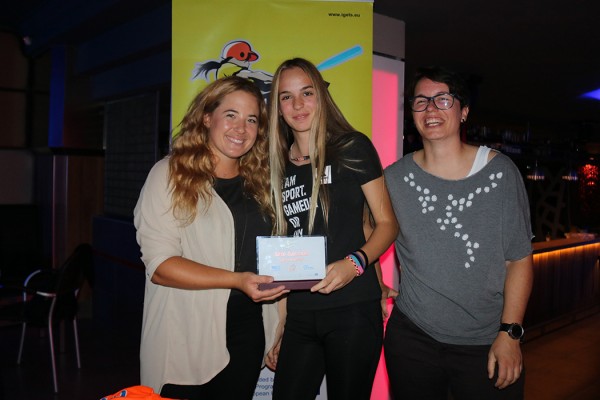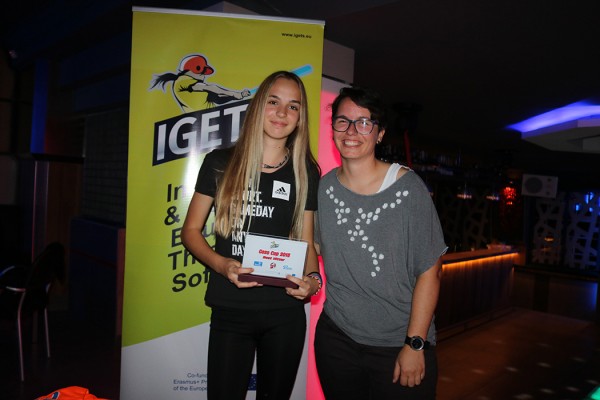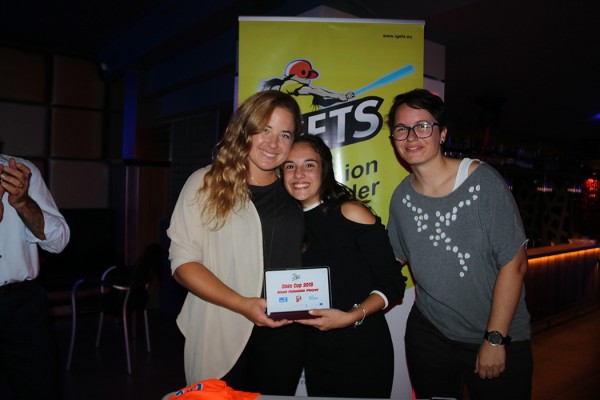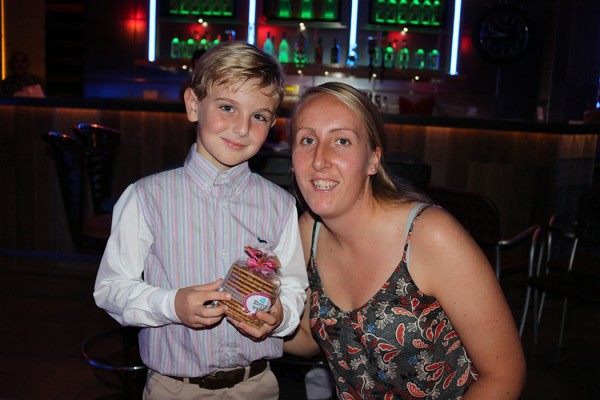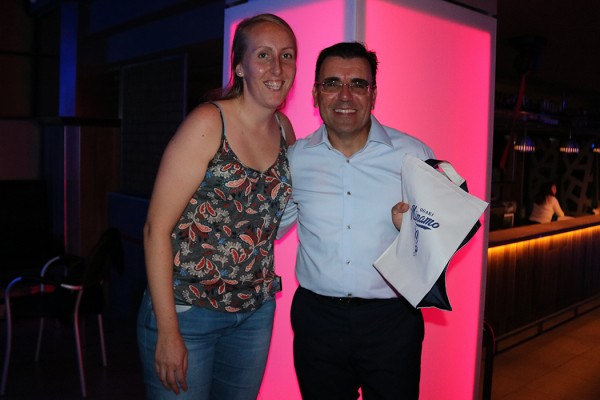Attending competitions which feature female athletes helps the sport to grow and supports the efforts to reduce gender imbalances – unfortunately, the inverse is also true
With the playing commitments over, the final act of the Erasmus+ Sports project Inclusion & Gender Equality Through Softball was a forum followed by a reception at Club Paradiso to celebrate the successful conclusion of the two-year long project. The theme for the forum was “Apathy Begets Gender Inequalities.”
IGETS project co-ordinator, Joseph Scicluna, opened the forum by expressing his frustration at the current status quo that is allowing gender imbalances, particularly in sport, and especially in Gozo, to prevail. Is reducing gender inequalities in sports a priority for the Government? Unless the authorities become proactive in creating opportunities for girls and women to practice a sport the situation will not get much better any time soon. Then there is the issue of media coverage. Male sports, especially football, dominate sports news. However, the most alarming is the perception and the attitude of the general public towards female athletes and women is sports.
After two years of working on IGETS we have managed to increase the level of awareness about gender equality especially with parents, children and youth. This is very encouraging and it is the first step. We also managed to bring the issue of lack of opportunities for girls and women to practice a sport to the forefront with policy makers. Politicians now understand that without dedicated, sport-specific facilities for female athletes to practice the sport of their choice, along with clubs which provide coaching and equipment along with the opportunity to compete, any attempts to increase the female rate of participation in sports will not be sustained. As a matter of fact, the drive of the Ghajnsielem Redcoats to secure land for development into a dedicated softball field are gathering momentum and are finding support from the authorities.
The hardest nut to crack is the media, and that is critical for numerous reasons. If the media starts covering female athletes and female team sports, gender equality in sports would be easier to achieve. Young girls would be more interested to participate as they see role models on TV playing a sport, the general public would have more respect towards female athletes, attendances at sporting events featuring female athletes would increase, sponsors would start to give their support, and as a result there would be more funds available for upgrading of facilities and better coaching, among other benefits. So how do we get the media to come on board?
The Ghajnsielem Redcoats have been particularly fortunate to find support in the media. The most popular TV sport show on the island, SportGhawdex, which airs weekly, understands the plight of female athletes and supports the efforts of the Redcoats to provide more opportunities for female athletes to practice a sport. Every IGETS related event that the Redcoats have organised over the past two years has been featured on the programme.
However, this is an exception. The only way that the media, worldwide, will start to cover regularly sporting events which feature female athletes is if attendances at such events start to be significant. Female professional tennis and US College softball are examples. Effectively, the apathy which surrounds female sports teams is not only hindering all the efforts to reduce the prevailing gender imbalances in sports, but it is making the situation worse. Apathy begets gender imbalances. It is a vicious cycle. Female team sports are becoming a participation sport rather than a spectator sport. This scenario is hampering the growth of female sport, which is the case for softball in Europe. Everyone related to, or associated with, female athletes, has to attend competitions. As they say “you vote with your feet.” If you attend competitions which feature female athletes you will be helping the sport to grow, you’ll be supporting the efforts to reduce gender imbalances. Unfortunately, the inverse is also true. Apathy begets gender imbalances.
One way to boost attendances is to organise an activity for the younger teams when the senior team plays so that they sit in the stands to watch the game. Even if this would occasionally replace a practice session, it would be worth doing. By getting children to watch the games there would be multiple benefits. You would be building a culture of attending softball games with the younger members of the club, and they would grow up enjoying being in the stands watching and supporting their softball team. By watching the senior team play they would learn how to play the game, learn from mistakes and understand what is done during specific situations. Having people in the stands, whether they are kids or adults, makes it a bit easier for others to attend.
The club might have to be creative how to get the younger players to attend games. It is essential for various reasons that they are accompanied by their coaches. This is a problem when their coach is either on the coaching staff of the senior team, or one of the players. The activity could be lunch at the game, or to work on the songs of the team. It could be lessons on how to score a game, or simply a team building activity. If this takes place once a month, and if parents are encouraged to accompany their children, it would have a great impact on attendances. The objective is to build a culture of watching softball games and to reverse the trend and make softball a spectator sport.
There were important contributions from each of the three partners at the forum, with each providing a brief summary of the situation in their respective city and country. Even the local and international players expressed their frustration especially with relatives who are always too busy to attend their games. There was, nevertheless, a determination not to accept the status quo, along with a strong conviction that gender imbalances will eventually diminish.
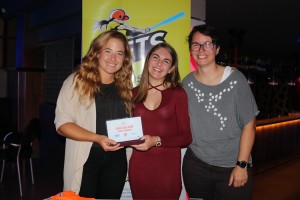 |
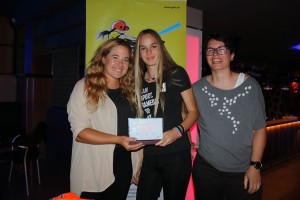 |
The reception followed the forum. During the reception the Dutch players selected Marilise Vella and Monique Attard from among the local players for their efforts during the tournament, and gave them an Olympia Haarlem t-shirt each. An Olympia Haarlem practice shirt was also presented by Mirjam Willemse, the IGETS project co-ordinator for the Dutch club, to Joseph Scicluna, the IGETS project co-ordinator for Għajnsielem Redcoats. Nicole Thomas and Petra Čizmić Pokrajac were then invited to announce the award winners. Estelle Scicluna was named BEST FIELDER, Mara Sliško won the BEST HITTER award, and Monique Attard won the MOST VALUABLE PLAYER award. The award was presented to each player by the two coaches. The three players were quite happy and proud to win the award given the level of the players who participated in the tournament.
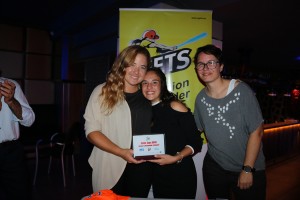 |
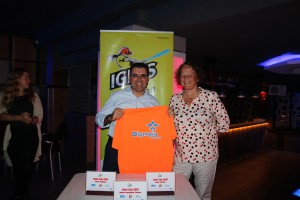 |
The three project coordinators then cut the cake made especially for the occasion with the logo of IGETS and the words CONGRATULATIONS written underneath it. The three partners along with the players had very good reason to celebrate as the great finish that they wanted to wrap-up the two-year project was a success as was the rest of the project.
IGETS is a two-year project co-financed by the European Union. The Għajnsielem Redcoats received assistance from the Ministry of Education and Employment through the Parliamentary Secretary for Youth, Sport & Voluntary Organisations to meet its co-financing obligations.
Disclaimer: This project has been funded with support from the European Commission. This publication reflects the views only of the author, and the Commission cannot be held responsible for any use which may be made of the information contained therein.



